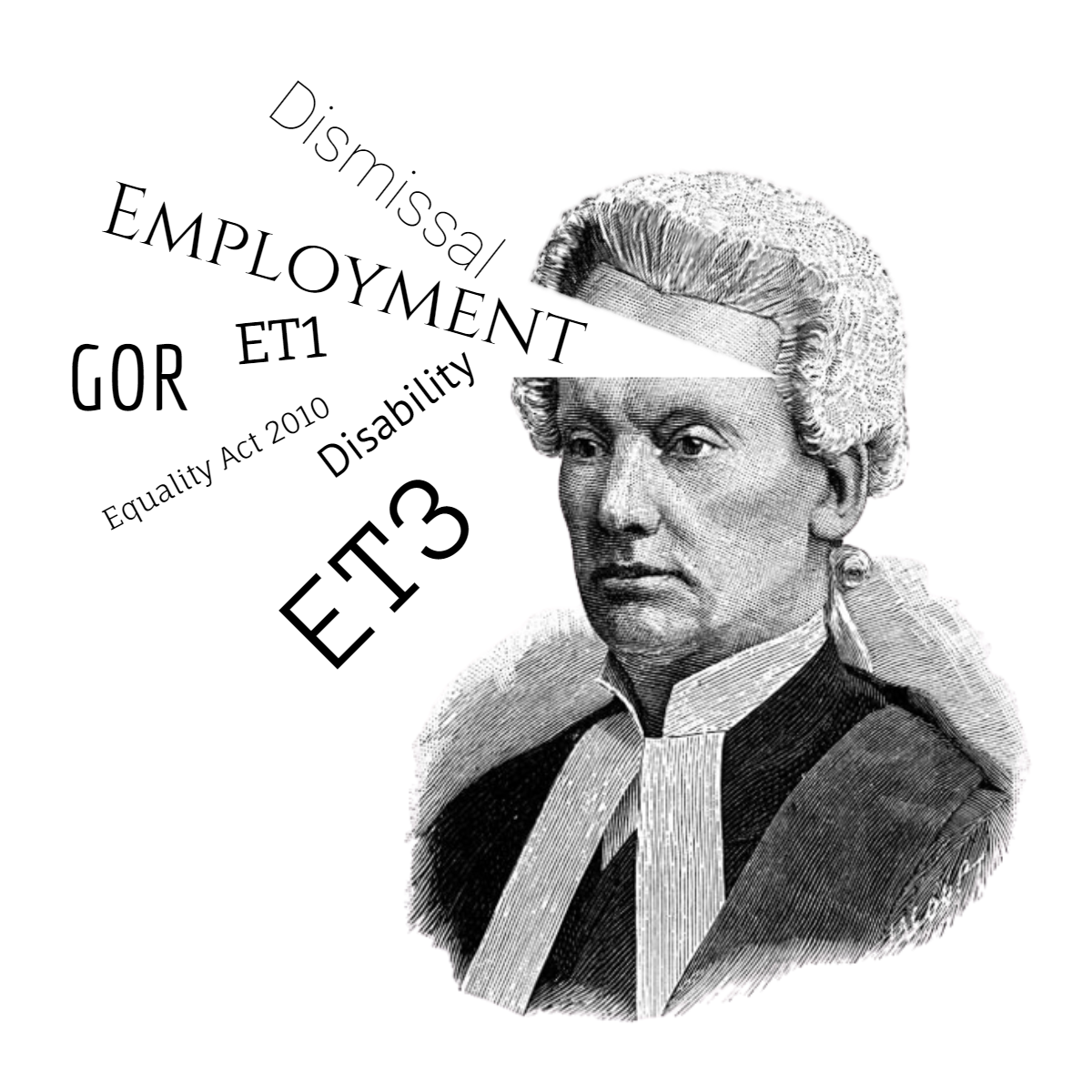Short Term
Sickness Absence
Short Term Sickness Absence
In cases of persistent short-term intermittent absence, it is often hard to predict if attendance will improve. Where there are persistent short-term absences and no underlying health condition, a medical expert is unlikely to be able to predict with any more certainty than a manager when the employee is likely to show a sustained improvement in attendance. For this reason, the role of the medical evidence may differ, depending on the nature of the absence.
However, before making the decision to dismiss, the employer must have made it clear to the employee what level of attendance is expected; allow the employee time to improve and the opportunity to make representations. The EAT in the case of Lyncock v Cereal Packaging [1988] IRLR 510 set out the factors an employer should consider in such cases. The employee was dismissed on the grounds of a poor attendance record over several years and the EAT stated that the dismissal on grounds of capability was ‘fair’ and in making such a decision an employer must consider the following:
the nature of the illness;
the likelihood of its recurrence or of some other illness arising;
the length of the absences;
the extent to which the internal procedure in dealing with such absences has been followed;
the level of consultation with the employee throughout the period of absences; and
the extent to which the position has been made clear to the employee, dismissal being the ultimate course of action, should there not be a substantial improvement in attendance over a given time period.
Although an employee should be warned that their absence may lead to dismissal, genuine illness should not be treated as a disciplinary issue. The employer should handle each case individually in a sympathetic and compassionate manner.
In some cases, there may be an underlying health condition which has led to short-term absences. In such circumstances, the employer should ensure that medical evidence is sought and then follow the steps for long-term absence.
Employment Coaching
Get help with your employment issue, as it arises at work. If you are having problems at work you may not understand where to start. I can coach you to navigate your Employment Policies and Procedures. This can help you argue your employment issue and organise any potential claim in the right way up to the employment tribunal if needed. As an expert law tutor I will guide and support you through the whole process. I offer simple, cost effective and confidential employment advice for employees/workers on employment issues you experience at work. I particularly want to assist anyone who has been discriminated.
Employment Advice
I have been teaching law for 20 years. Moreover, I have gained a lot of employment law experience advising both individuals and companies. I have had many successful outcomes but more than that I have had countless cases that ended in settlements because the case could not be won by the employer. If you are having problems at work why not get someone to teach you how employment law works. I provide valuable advice while you are having trouble at work and can coach you through a successful outcome. I have been just as effective for defending employment claims for businesses.
HOw I can Help?
I need to raise a Grievance
How to gather evidence for my grievance
How to appeal my grievance
Defend a disciplinary
Dealing with a potential unfair dismissal
Is this an automatic unfair dismissal?
What are protected acts?
Resign and claim constructive dismissal
Is my Redundancy fair
What is the process for Whistleblowing?



